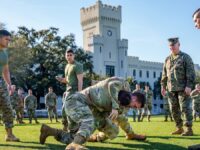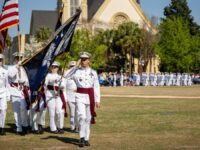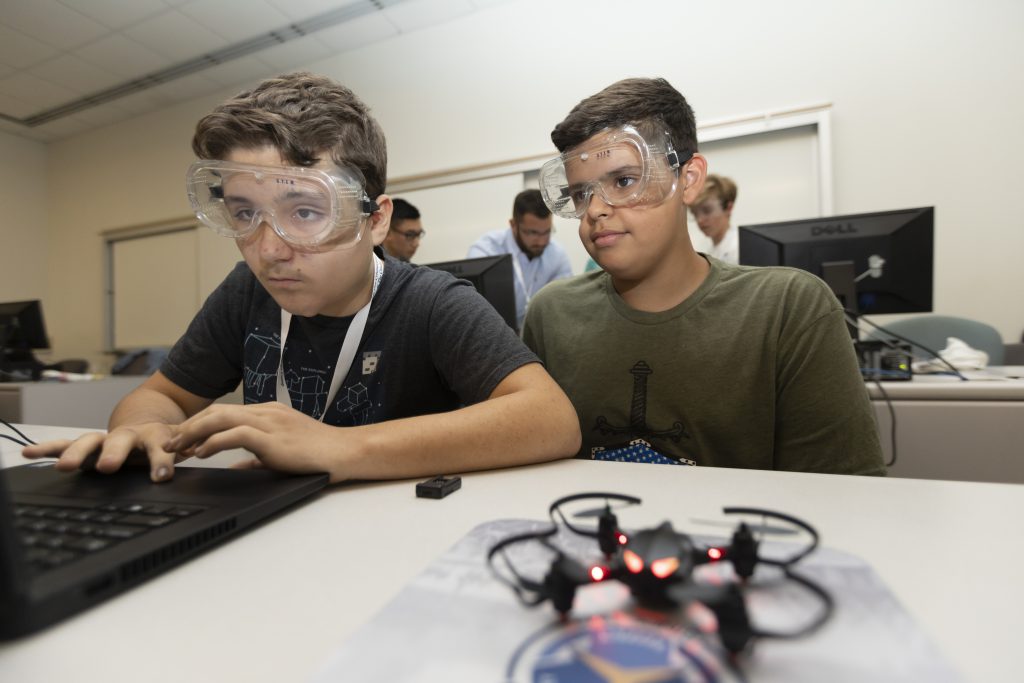
In an effort to encourage local middle and high school students to pursue careers in the field of cybersecurity, The Citadel is hosting a weeklong summer GenCyber camp.
GenCyber is a program that provides cybersecurity camp experiences for K-12 students and teachers and is funded by the National Security Agency (NSA) and the National Science Foundation. The camp is offered to 20 students in grades 8-12 through a $63,367 grant provided to The Citadel by GenCyber.
This year, The Citadel is the only college in South Carolina to receive a grant for the camp.
“There is a demand for cybersecurity professionals in the federal government and private industry,” said Shankar Banik, Ph.D., program director for GenCyber Citadel, associate professor and graduate program director of computer science and co-director for the Center for Cyber, Intelligence and Security Studies. “As young people become more aware of the impact the field has on our daily lives, their interest in studying cybersecurity increases.”
Hands-on activities show cybersecurity’s vast influence
During the camp, which began on June 25, students participate in hands-on activities that educate them on the basics of cybersecurity and help them gain an understanding of safe online behavior. Topics covered include first principles of security, network security, cryptography, secure coding, cybercrime and cyber ethics.
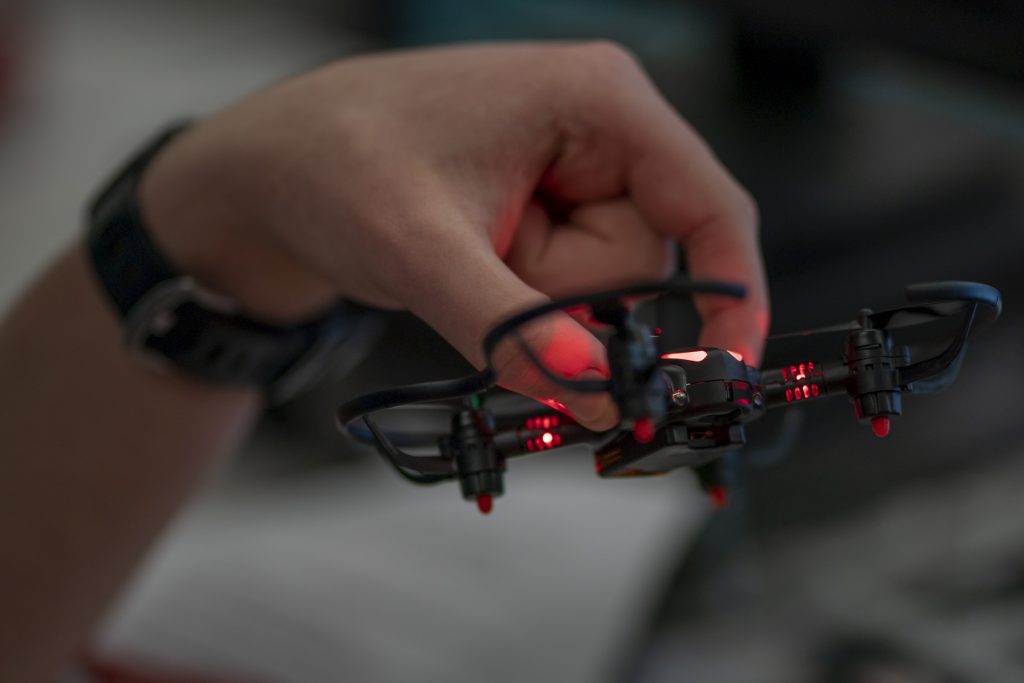 The inclusion of drone technology in the curriculum promises to be one of the most exciting features of the program. Students spend one morning sharpening their block coding skills, then program and control a drone through the Thompson Hall corridors on campus. Other activities include case studies, cryptography spy games and competitions that test student knowledge of the subject matter.
The inclusion of drone technology in the curriculum promises to be one of the most exciting features of the program. Students spend one morning sharpening their block coding skills, then program and control a drone through the Thompson Hall corridors on campus. Other activities include case studies, cryptography spy games and competitions that test student knowledge of the subject matter.
“Since students attend the camp for six hours each day, we try to plan projects that keep them interested in the topic while also showing them various ways that cybersecurity can influence the real world,” said Jennifer Albert, Ph.D., director of The Citadel STEM Center of Excellence.
Citadel faculty from the School of Science and Mathematics, School of Humanities and Social Sciences and the Zucker Family School of Education instruct the weeklong camp.
According to Banik, attending the GenCyber camp at The Citadel is a one-of-a-kind experience for the students.
“The Citadel is an educational leader in cybersecurity and students attending this year’s camp are given a unique opportunity to learn from some experts in the field,” he said. “They will have plenty of great information to take away at the end of the week.”
An educational leader in intelligence and cybersecurity
In 2016, the NSA and the Department of Homeland Security designated The Citadel as a National Center of Academic Excellence in Cyber Defense Education, making it the second college in the state of South Carolina to earn the recognition. The prestigious classification emphasized the college’s credibility in the evolving technology field.
More recently, The Citadel teamed up with five other military schools – University of North Georgia, Norwich University, Texas A&M, Virginia Military Institute and Virginia Tech – as well as congressional leaders to create an amendment authorizing the Secretary of Defense to establish cyber institutes at the schools. The passing of the amendment, which should be included in the Fiscal Year 2019 National Defense Authorization Act, would address the escalating need for highly trained cyber operations and cybersecurity leaders.
Additionally, the college is hosting its third Intelligence and Cybersecurity Conference in September. The conference will bring industry influencers, academics and students to the campus. Speakers include Daniel Coats, Director of National Intelligence; David Bowdich, Deputy Director of the FBI; and Marina Kaljurand, Chair of the Global Commission on the Stability of Cyberspace.

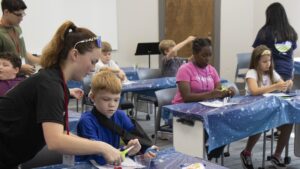 The Citadel’s STEAM Camp takes students on a space adventure with hands-on learning
The Citadel’s STEAM Camp takes students on a space adventure with hands-on learning Newest program from The Citadel STEM Center aims to support math education leaders in rural areas
Newest program from The Citadel STEM Center aims to support math education leaders in rural areas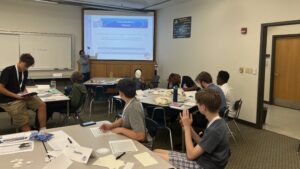 Space and cyber: The Citadel STEM Center to offer local students two unique summer learning opportunities
Space and cyber: The Citadel STEM Center to offer local students two unique summer learning opportunities